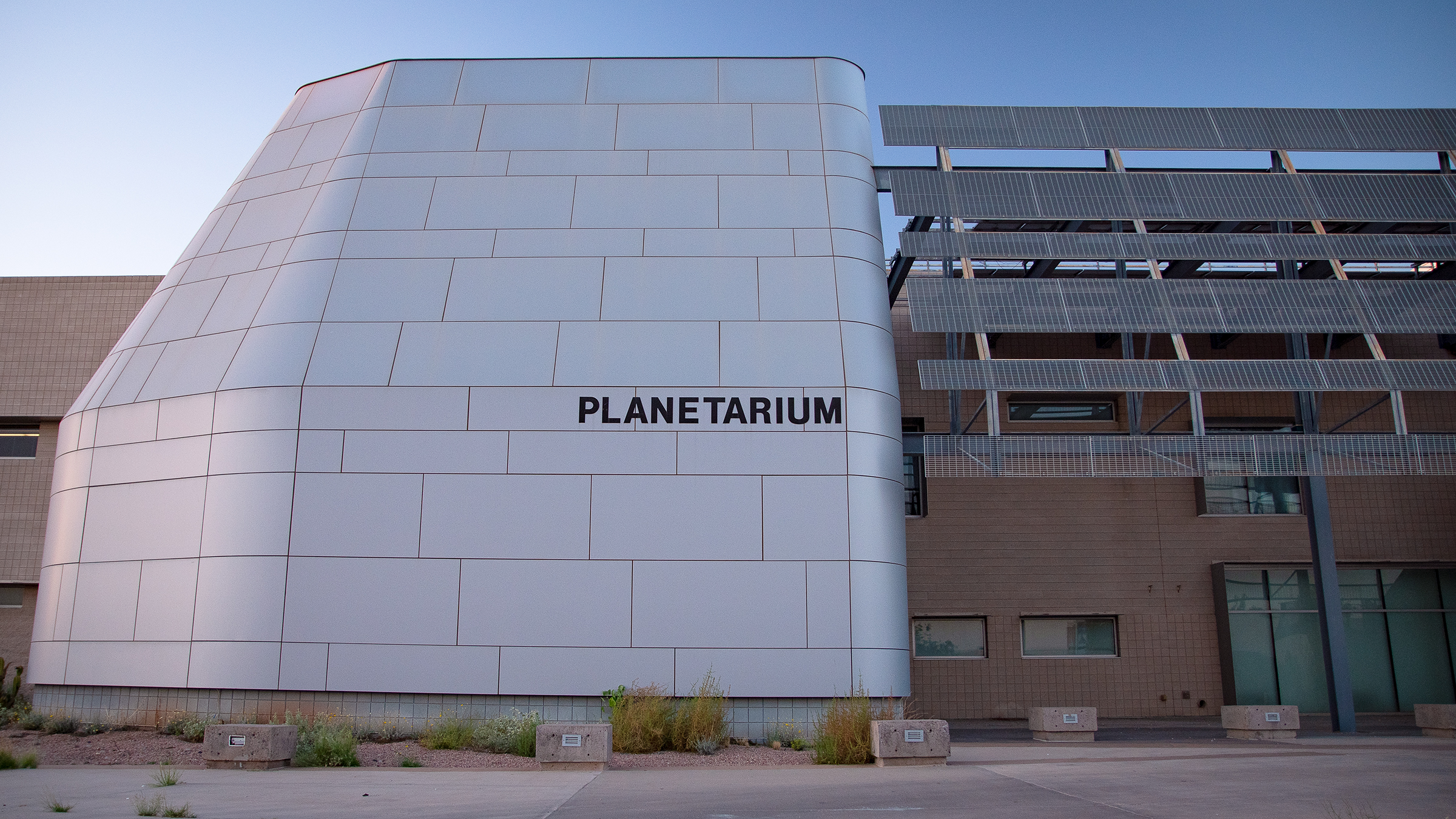Athiest bias in religious studies department
Kathryn Yslas
Mesa Legend
Send your child to college with God, but don’t expect him to make it to graduation.This is a common fear of religious parents and students alike, that higher education leads one to abandon their religious beliefs due to an overwhelming atheist leaning among professors. Whether it be in a science, philosophy, or even a religious studies course, many still believe that college breeds atheism due to constant critiquing of religion. This fear may be misguided, since many students leave college with the same religious beliefs they entered with and many colleges have policies to ensure religious beliefs are respected. It does, however, raise many interesting questions about why some students abandon their religious beliefs in college and if any course, particularly religious studies and philosophy, can truly be taught in an unbiased manner.
Such is the case with Louisa Borresen, a second-year student at Mesa Community college that claims her professor is criticizing different religious traditions in their World Religions class. “It just feels like the professor is teaching from a very atheistic point of view. He’s very skeptical, he’s very critical, and he’s very sarcastic about the different religions we’re learning about in class,” she said. Louisa went on to describe a particular incident in this professor’s class. “He was condescending towards religion when we were watching a video about religions in Africa. When the video was over, he turned to us and said, ‘Isn’t this crazy?’ and my jaw just dropped because this was not what I wanted from the class. It was so wrong.”
Although accounts such as these seem to validate believer fears about higher education, the Religious Studies Department at MCC strives to ensure respect for all faiths. The official statement of approach for religious studies states that religions cannot be taught at MCC in a way to critique, justify or disprove religion. “As a philosophy professor” said Professor David Yount, “I know it’s not our job to prove either position and it’s ironic for any philosophy professor to think they can prove God doesn’t exist in one semester,” He also said that if a student feels as though the instructor is teaching in a way that is contrary to the statement of approach, they should inform the head of the department.
“The goal is not to debate whose beliefs are correct.” said Tom Shoemaker, a professor of religious studies at MCC, “The goal is to say ‘Here’s what we know about the different traditions. We have different perspectives on them and by talking about our different perspectives, we get better at it.” He stated that it is the personal responsibility of a religious studies professor to uphold the department’s policies and present the material objectively. It may be impossible for a professor to keep all of their personal beliefs out of the lecture, however they can recognize them as well as the beliefs of their students.
The idea that higher education leads to atheism, however, still remains prevalent, even when professors are successful in teaching in an objective manner. Some blame the college lifestyle that often consists of partying, sex or even drugs, while others think it is so called “atheist professors” that skew the information to suggest there is no God. Professor Shoemaker however, provided a very different response. “College doesn’t breed atheism. What college does, depending on your nature, it creates a willingness to ask big questions, to self-challenge and self-reflect. For some people, the simple answers they got when they were younger just don’t fit anymore,” Shoemaker said.
It is true that some students do abandon their religious beliefs after their time in college. But rather than this being the result of atheist bias in certain courses, which have been proven to exist, it stems from the fact that higher education invites students to expand their knowledge of the world and explore the beliefs of others.









